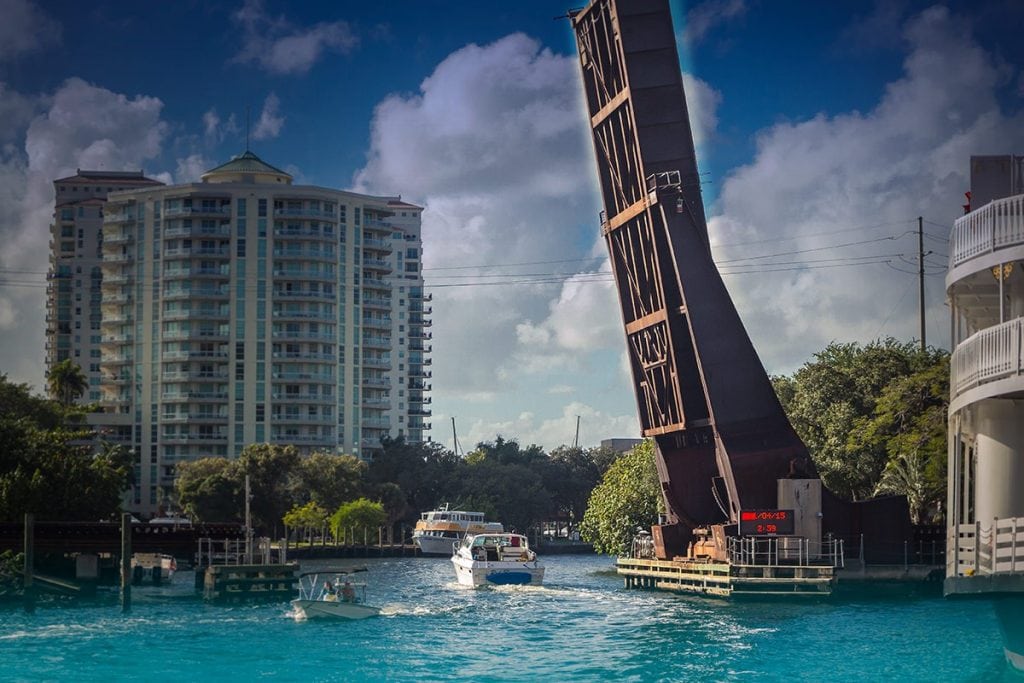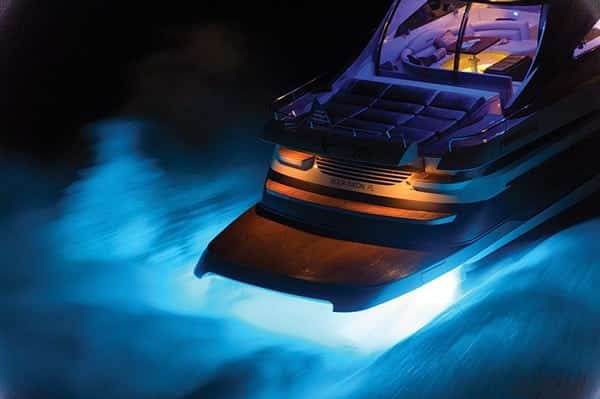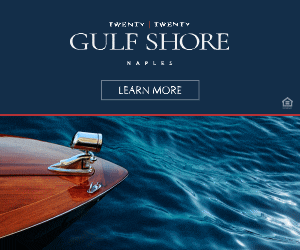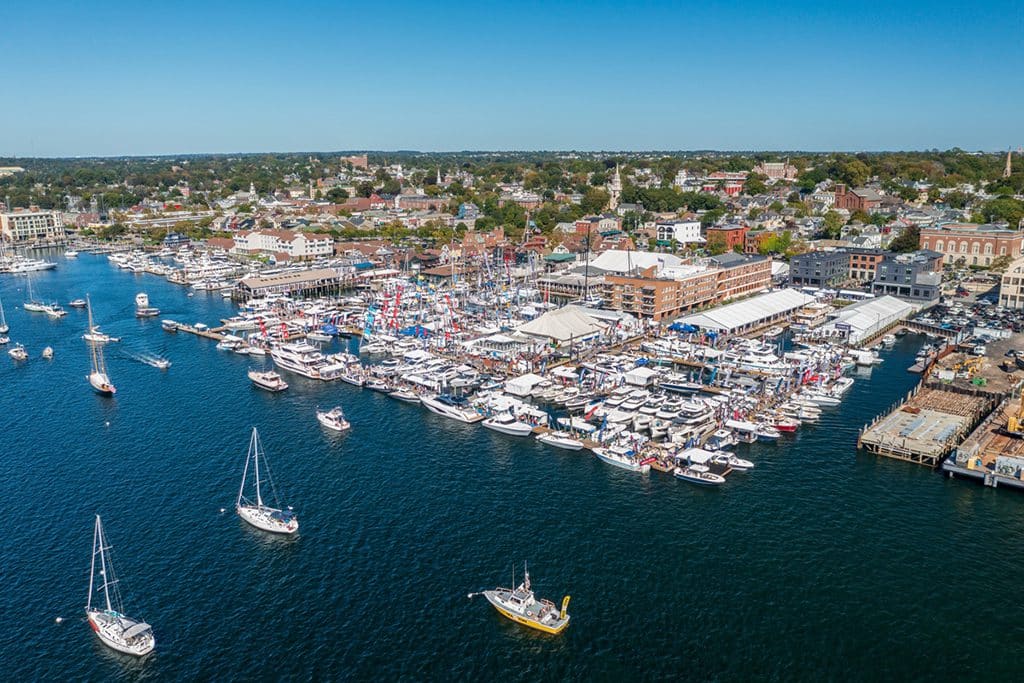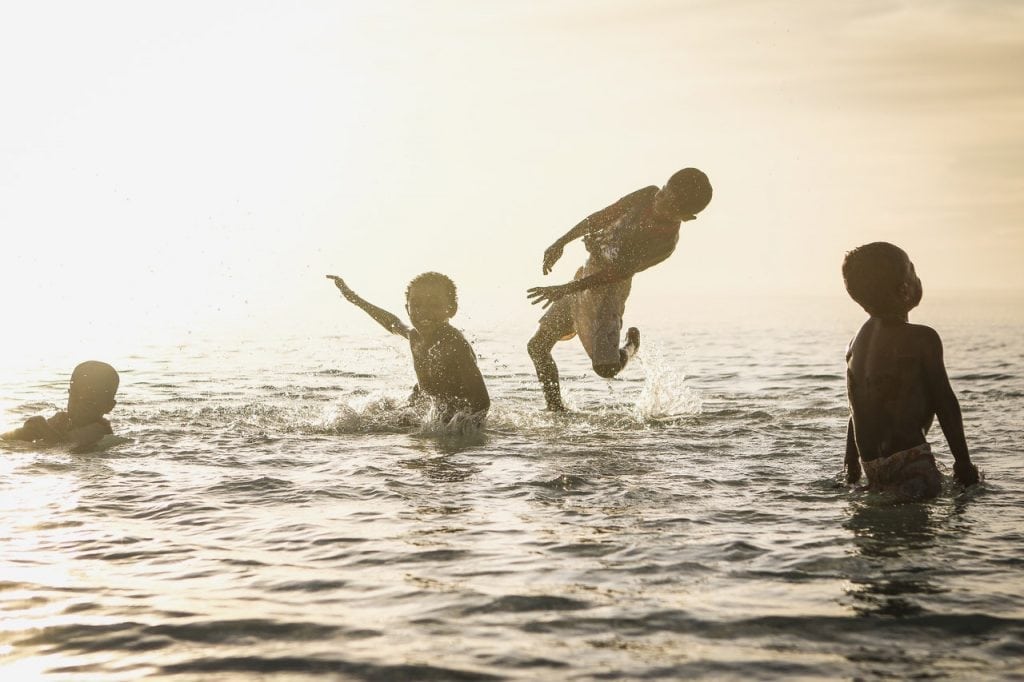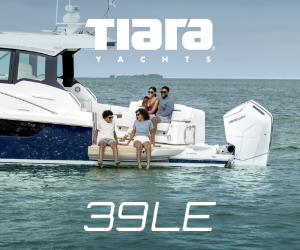There’s cause for celebration for cruisers! The Florida legislature adjourned in April with no anchoring encumbrances in Florida waters. The anchoring restrictions of SB 1548 did not become law thanks to much effort from several municipalities, businesses, boating organizations, and cruisers. The Anchoring/Mooring Pilot Program continues and anchoring restrictions, if any, are not expected until 2017.
A full-time bridge tender now watches the New River Railroad Bridge on the busy New River in Fort Lauderdale as part of a six month test ending October 16th by the U.S. Coast Guard to address boaters’ concerns about All Aboard Florida’s plans to run more than 30 trains a day. The tender communicates with mariners over VHF channels 9 and 16 and telephone number (305) 889-5572. A countdown clock with flashing red and green lights posted at the bridge with horn soundings notify maritime traffic of train approach and bridge closure.
Sailfish Marina of Palm Beach Shores, Florida considers more than a dozen tiki barges used for weekend celebrations on the ICW to be hazardous. The barges are abandoned during the week and have caused more than $200,000 worth of marina damage when torn from their moorings. Hurricanes are the usual culprit although barges break free even in calmer conditions. County commissioners want to regulate and ensure proper securing of the barges for the safety of the marina and partygoers. Since barges aren’t motorized, mooring access similar to those afforded boats may not be given.
Uber for boats is coming to Florida. Coastalyfe, which originated in St. Petersburg in May, uses GPS technology to connect riders with drivers who pick passengers up in their personal boats. “As soon as you start the ride, there’s a $7 flat rate. Then, for every mile you travel it’s $2.97, and for every minute it’s 37 cents,” says CEO Cliff Nees. Drivers are vetted as with Uber. Boats need to be 18-20 feet, less than 20 years old and in good condition. Rides are not booked in advance but are on demand.
Coastal communities dependent on oyster, scallop and clam harvests in North Carolina and Florida are at economic risk from excessive carbon intake in mollusks. A nationwide study published on February in Nature Climate Change showed vulnerability in 15 states. Ocean acidification—the result of oceans absorbing increasing amounts of carbon dioxide from burning fossil fuels and agricultural runoff—harms mollusks. The problem has already greatly affected the oyster industry in the Pacific Northwest. Although reducing carbon emissions is the ultimate solution, other remedies include reducing agricultural runoff, diversifying fishing fleets, developing aquaculture in untainted waters, creating early warning systems, and cultivating acidification-resistant species.
The welcoming party continues for mariners at Mariners’ Wharf Park in Elizabeth City, North Carolina, with the Downtown Waterfront Market on Saturdays 9AM-1PM through October. The market offers fresh, homegrown produce, baked goods, flowers, and crafts. Mariners’ Wharf provides free dockage with enhanced facilities and cruisers are still greeted with free wine-and-cheese dock parties. For details and to receive the special brochure for boaters Cruise the Carolina Loop visit discoverelizabethcity.com.
By Nancy E. Spraker, Southern Boating Magazine August 2015


